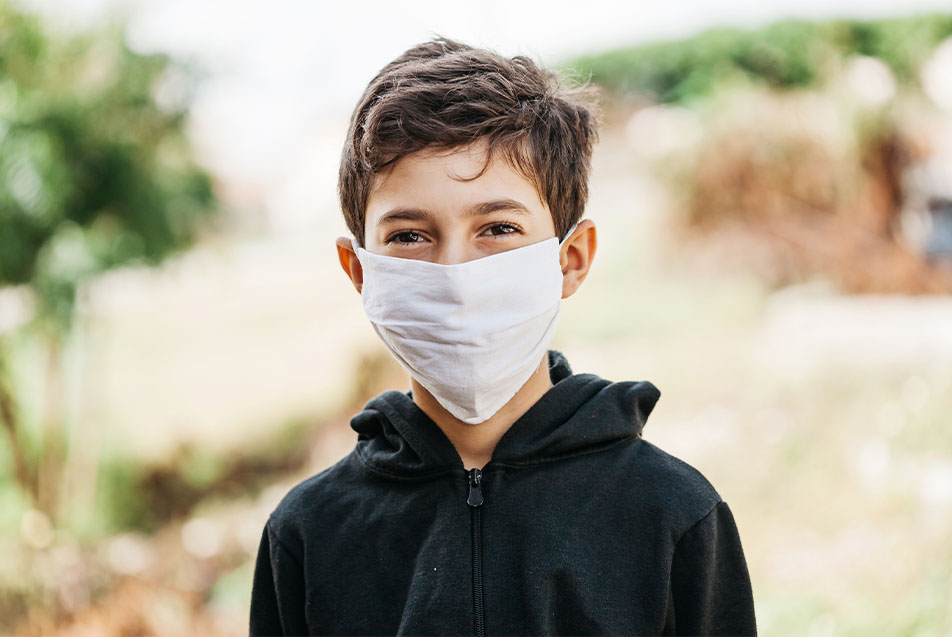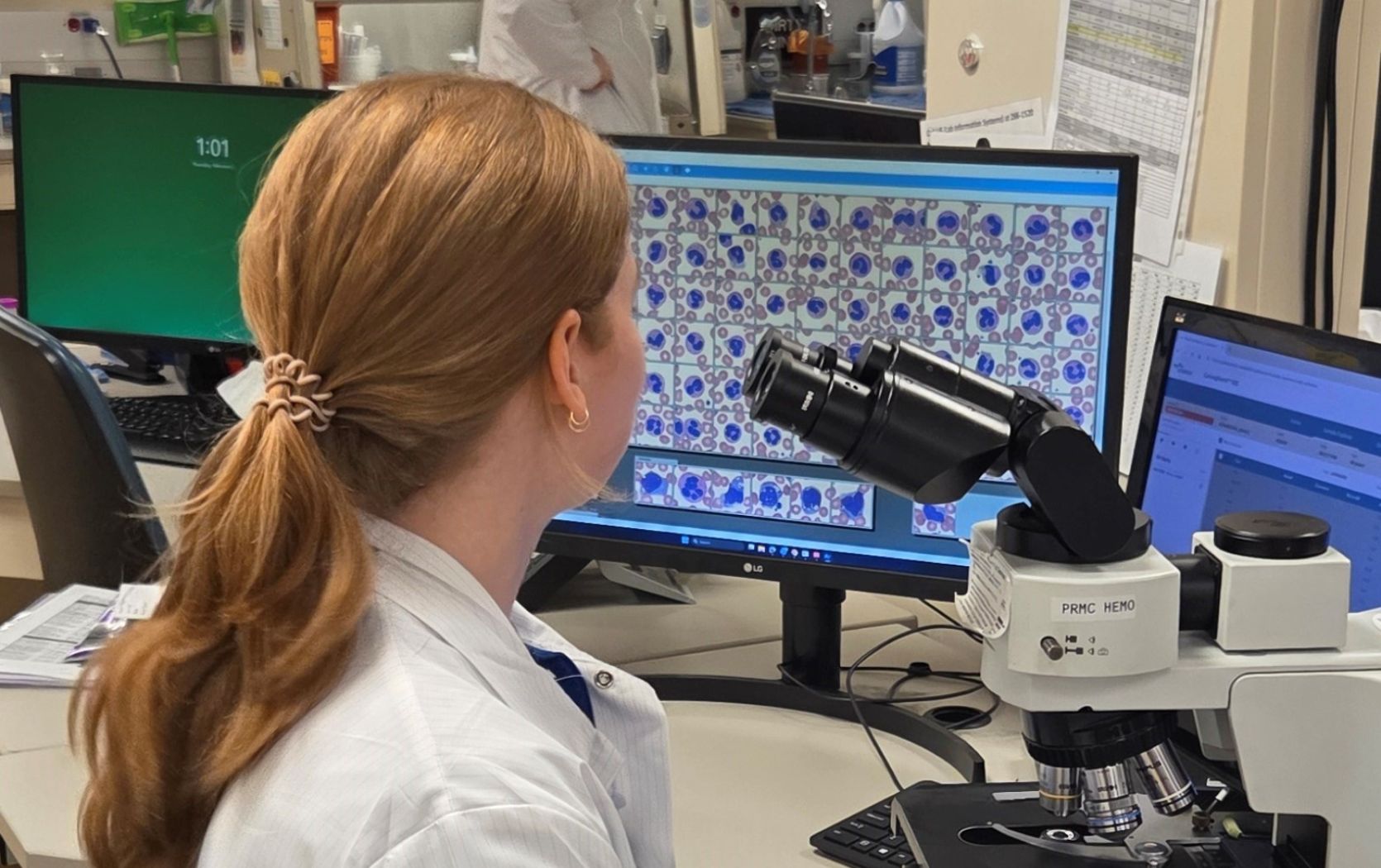
There’s no arguing with the effectiveness of wearing a mask to reduce the spread of COVID-19. But for parents of children with asthma, there are other things to take into consideration. We took our questions to Chandrashekhar Yalamanchali, MD, PPG – Pediatric Pulmonary & Critical Care, for more clarity on preventing the virus safely in the asthmatic population.
What are the general recommendations for mask wearing for children with asthma?
Children with asthma, like everyone else, will benefit from wearing a mask to prevent contracting coronavirus. Mild asthmatics and well controlled asthmatics should wear a mask to help reduce their risk.
Children with moderate or severe persistent asthma should make sure they take their controller medications daily as advised by their physician to have good control of their asthma and so that they can have the ability to tolerate the mask. Surgical masks are ideal for this group. These children need to wear the mask as long as they remain indoors and close to other people.
Why is mask wearing beneficial for children with asthma during the pandemic?
They are at high risk for a severe course of illness if they contract the coronavirus. Please remember, prevention is always better than treatment.
Are there any risks associated with mask wearing for asthma patients?
If the child has well controlled asthma, there is no risk to wearing a mask. Children with moderate or severe persistent asthma may have trouble tolerating the mask. They might try taking Albuterol before they wear the mask and see how they feel.
How can mask wearing impact a child’s asthma symptoms?
Children with well controlled asthma will tolerate masks well. Those with moderate to severe persistent asthma may have trouble learning to breathe through the mask. Parents should do everything they can to help get the child comfortable wearing the mask. Make sure they properly medicate themselves with asthma medications to have better control of their asthma. Remind them of the importance, as a viral infection could make their asthma symptoms worse and lead to a serious infection.
Here are some tips they can consider to tolerate the mask better:
- Breathe slowly when you wear the mask and consider breathing through your nose rather than breathing through your mouth until you get used to it.
- Lift the mask a little bit and close it back onto your face. Repeat as needed, and be sure others are not around you.
- If the mask is still bothering you or you are having trouble tolerating it, step outside where no one is around, pull it down and take good deep breaths and place it back on.
What are some signs/symptoms that your child should remove their mask?
If they are having difficulty breathing, coughing and/or wheezing they can take their mask off and try to be away from others.
What are some other things children with asthma can do to limit COVID-19 risk?
Masks can be vital in reducing virus spread in crowded, indoor places like grocery stores or schools, but if you’re out walking on a remote trail, masks may not be necessary. Social distancing and hand washing are also highly recommended to prevent the spread of the virus.
Make sure you are using your controller medications daily for asthma control.
Do you need to adjust your child’s asthma care plan in any way during this time?
Make sure they are taking the controller medications like inhaled steroids and Singulair as advised by their physician. Wearing the mask not only reduces exposure to COVID infections but also helps to prevent other viral infections and allergies that are usually triggers for asthma flare-ups.




